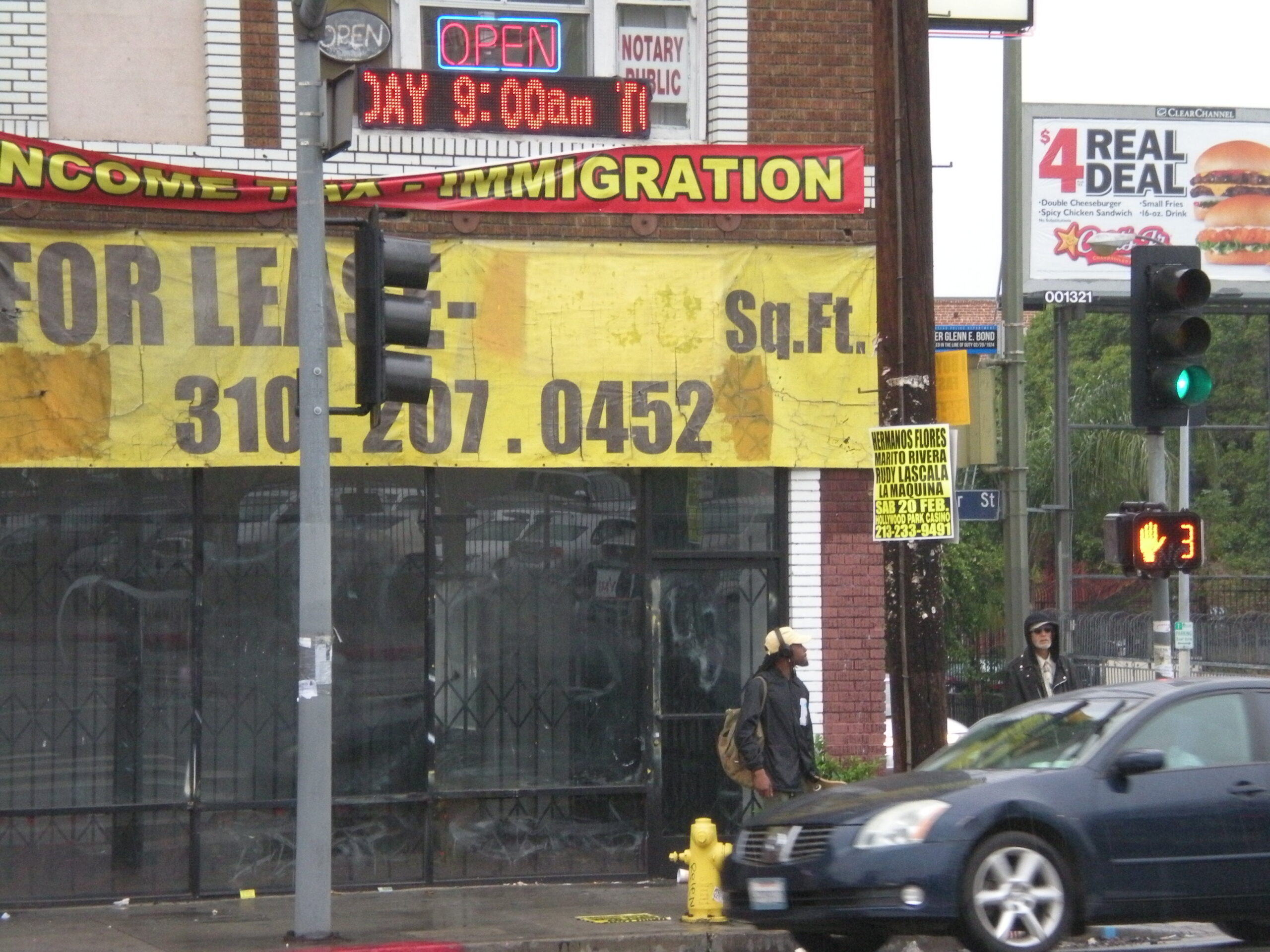UNITED STATES—Back at the rooming house the pressure was on to get some scratch. Of course my teen horror screenplay, “The Persecuted” was floating out there, and that was my insurance policy. Meanwhile free room and the wageless position of manager kept me always open and seeking. That openness, defined as chronic mild curiosity coupled with being able to suspend kneejerk aversions about what I will or won’t do—that kind of let’s-see-where-this-goes openness has been the hallmark to my successes.
One thing I was open to was the U.S. Postal Service. We had a mail carrier named Samuel Johnson, as students of wit and literature will be amused to know, and it was Samuel Johnson who advised me to steer clear of the U.S. Postal Service, “You don’t want to consider the Postal Service if you can possibly help it,” he said with a toothy knowing grin.
The fate Samuel Johnson saved me from I’ll never know, but I trusted him on it. Rafael Pajuelo, the director of the Spanish theater group showed me a job that he thought might be right. Rafael was a clown at a birthday party for a little Guatemalan girl in a balloon-festooned Hollywood back yard. Inside the house Rafael took his duffel back and came back transformed: there was greasepaint and a painted grimace and he kept the kids going with a gauntlet of games and a singing contest, a whole bag of tricks, that included a disappearing five dollar bill that left one kid traumatized.
From the audience’s perspective, the bill never returned from limbo to the man who had volunteered it.
Being a party clown was interesting work. And that’s what it was, work, for a budding poet and screenwriter. The transportation, the planning, the paraphernalia, most of all the planning hindered my enthusiasm. Well, so much for my fabled openness, at least when it came to the matter of being a clown at birthday parties.
Being a birthday party clown was something my musician friend, Steve Moramarco, was already doing. It was one of the era’s employment options, along with becoming a permanent office temp. Steve in this period would write and direct W.O.W. (“World of Wrestling”) an impressive dramatic spectacle based on wrestling. The tuxedoed emcee was played by an unknown named Jack Black when it was presented at UCLA.
The hood around Estrella Avenue was so far from Hollywood.
The sun blazed here hotter, it was peopled by creepy Victorian mansions thirsty for paint, the sleepy blocks baked and freckling in the sub, just as dilapidated and faded as the day Raymond Chandler’s private eye roamed these streets; ornate facades hiding something, the void of decay; the alleys, mud rutted, strewn cigarette packs, faded coke cans, flyers for jobs stapled to telephone poles, their tasseled phone number strips shook in the wind. Loud signs, gasoline, check cashing, FORLEASE, tacos, lottery, beer, all battled to stay loud before the sun faded the letters. Invariably there was broken glass nearby and a banana rotting in the sun. A Jehovah magazine somebody threw away.That’s a laugh. A harsh place.
And I’m going to die, but before that to strive. It was a harsh place for a big dream to prosper.
What is it, I wonder, that makes a person at the height of their success go back to the impoverished times and seek refuge in these places. Why? It’s shaky at the top as the bottom, that’s why. We hang on to what warmth the harshness hides. And we nourish the illusion that living on beans and tortillas in a fake-wood paneled room with a sliver view of the freeway, that was enough, more than enough. But there was no way to realize it at the time.
Humorist Grady Miller is author of the humor collection, “Late Bloomer,” available on Amazon. Grady can be reached at grady.miller@canyon-news.com.






